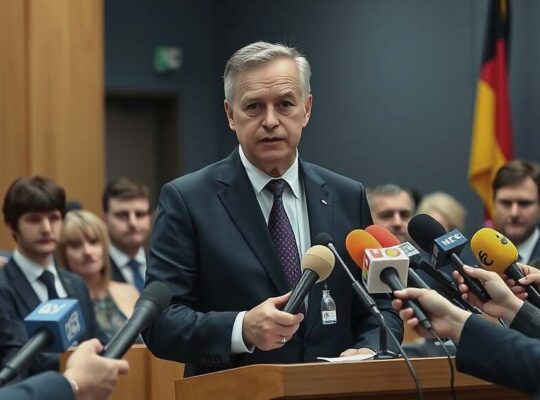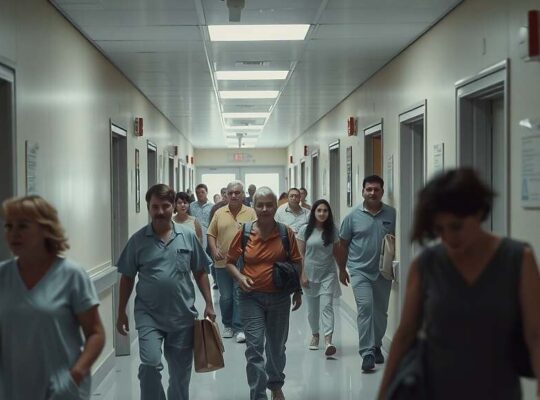The debate surrounding the provision of care for the elderly in Germany has intensified, with prominent CDU health policy spokesperson Hendrik Streeck advocating for a fundamental reassessment of the nation’s healthcare system and a greater emphasis on patient well-being. In a recent commentary published in the Rheinische Post, Streeck challenged the prevailing ethos of prioritizing medical intervention above all else, arguing that a more nuanced and humanistic approach is urgently needed.
Streeck’s critique directly questioned the reflexive assumption that “life extension is always the highest goal”. He draws a stark comparison, borne from witnessing firsthand the struggles of critically ill elderly patients in intensive care units, highlighting that “not everything that is medically possible is also humanly justifiable”. The core of his argument centers on a shift from focusing on what “can” be done to discerning what is genuinely beneficial to the patient’s quality of life, particularly when the likelihood of recovery is diminished.
He specifically addressed the concerning practice of what he termed “terminal interventions” asserting that these procedures, often minimally invasive surgeries or repeated orthopedic replacements, are frequently undertaken not out of malice, but due to systemic incentives that prioritize procedure volumes and revenue generation. These interventions, while technically impressive and legally defensible, too often fail to consider whether they genuinely improve the patient’s life or merely prolong their suffering. “Does it improve the life? Or does it only prolong suffering?” he questioned.
Streeck’s proposed solution extends beyond simple cost-cutting measures. He calls for a paradigm shift in healthcare financing, advocating for the rewarding of preventative care and general wellness services rather than simply reacting to illness. Central to his plan is bolstering the support for caregivers, family physicians and nurses, fostering an environment where treatment at home is both feasible and preferred. He further emphasized the need to involve both the medical profession’s self-governance bodies and broader societal engagement, potentially through the Ethics Council, in this vital re-evaluation.
The commentary has ignited a potentially significant political discussion, sparking concern among some medical professionals while garnering support from patient advocacy groups. Critics are already questioning the practicality of shifting systemic incentives and the potential for unintended consequences. However, Streeck’s call for a more compassionate and patient-centered healthcare model is expected to remain a central point of contention and influence policy debates in the coming months, potentially forcing a critical examination of the values underpinning Germany’s healthcare system.












